In the modern era of football, the wing-back position is becoming more frequently used in managers' tactical plans, with the likes of Jeremie Frimpong, Alejandro Grimaldo, and sometimes even Alphonso Davies having the freedom to roam forward and be a prominent figure in a team's attack, while also ensuring to track back and help the defence when necessary.
But across footballing history, there have been a plethora of star wing-backs, with many having played a fundamental role in their club and/or nation's success, some of whom are national treasures, while others are perhaps lesser known to the casual football fan.
With that being said, below are GIVEMESPORT's rankings of the top 10 wing-backs in football history.
It must be said that there is something in the water in Brazil as it pertains to creating and developing legendary wing-backs, with six of the 10 mentioned in this list hailing from the South American nation, but we can't help that they had world-class wing-back after world-class wing-back in their squads.
Nonetheless, the criteria for deciding the order of their ranking is outlined below:
Ranking Factors
Major trophies won
Statistical data - appearances, goals, assists etc.
Their defensive/clean sheet record
Individual accolades
Memorable moments
| Ranking | Player | Nation |
| 1. | Roberto Carlos | Brazil |
| 2. | Carlos Alberto Torres | Brazil |
| 3. | Djalma Santos | Brazil |
| 4. | Cafu | Brazil |
| 5. | Dani Alves | Brazil |
| 6. | Javier Zanetti | Argentina |
| 7. | Marcelo | Brazil |
| 8. | Giacinto Facchetti | Italy |
| 9. | Gianluca Zambrotta | Italy |
| 10. | Andreas Brehme | Germany |
10 Andreas Brehme
Career Span: 1978-98
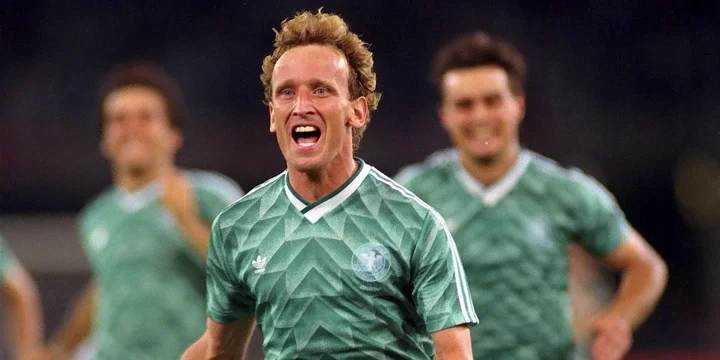
When you think of world-class defenders that hail from Germany, the name Franz Beckenbauer may be the first to spring to mind, but Andreas Brehme may well be the second.
The ambidextrous defender was a phenomenal crosser of a ball, and could score from set pieces with either foot. Going forward, he instilled fear in his opponents, while he maintained his discipline in defence.
Brehme enjoyed success with Bayern Munich, Inter Milan, and FC Kaiserslautern, where he won two German titles, an Italian title, the UEFA Cup, and both the German and Italian Cups.
He scored 80 goals and had 33 assists across his club career, and bagged eight goals for the German national team, but his penalty in the 1990 World Cup final against Argentina in the 85th minute sealed a 1-0 victory for West Germany, and saw him engraved in his country's folklore forever.
9 Gianluca Zambrotta
Career Span: 1997-2012
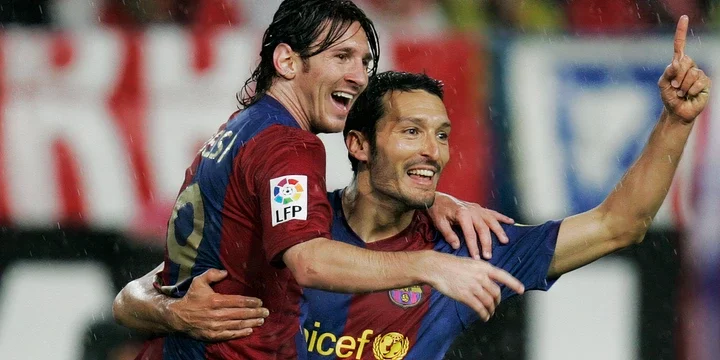
Gianluca Zambrotta is one of the most versatile players on this list, playing in almost every position at least once during his career, though he spent almost an equal amount of time on both the left and right flanks, giving both his clubs, and country, tactical flexibility.
Starting out his career with his hometown club Como, the Italian would spend two seasons with Bari before making his first big move to Juventus in 1999, where he spent seven seasons, scoring 10 goals and providing 35 assists on his way to winning two Serie A titles and two Supercoppa Italiana trophies.
In 2006, he would be a regular feature of the Italian squad that would win the World Cup trophy in that now-infamous match against France. That same summer, he would move to Barcelona, where he would make 85 appearances across two seasons, scoring three and assisting five, before making the switch back to Italy to AC Milan, where he would win his third Serie A title, and third Supercoppa Italiana.
He would finish his international career having played at three World Cups, three European Championships and the 2000 Summer Olympics, winning 98 caps.
8 Giacinto Facchetti
Career Span: 1960-78
The only other Italian on this list, Giacinto Facchetti, was a one-club powerhouse, spending his entire professional career with Inter, which spanned 18 seasons between 1960 and 1978.
A player with extreme athleticism and pace, so much so that he almost pursued becoming an Olympic sprinter, Facchetti had no problem running up and down the flanks, while he was also known to be an astute dribbler of the ball, while able to dispossess his opponents with relative ease.
Going forward, the Italian was electrifying, and scored 75 goals in his Inter career, while his 10 goals in the 1965-66 season was a Serie A record for most goals scored by a defender, one which stood for 35 years. He finished his club career having won four Serie A titles and back-to-back European Cups in 1964 and 1965, which prompted the club to retire his number 3 shirt.
Facchetti would also earn 98 cups for his country between 1963 and 1977, in which he scored three goals, and, not forgetting to mention, he finished as the runner-up to Eusebio in the 1965 Ballon d'Or, though many argue he had a better season than the Benfica attacker.
7 Marcelo
Career Span: 2006-24
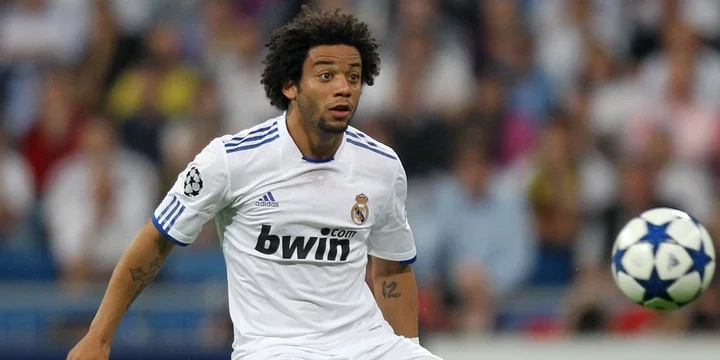
The youngest name on this list, Marcelo is a Brazilian legend and one of the most decorated players of all time.
Starting out his career with Fluminense, Marcelo got his big move to Real Madrid in 2007. Deployed on the left-hand side, Marcelo became the epitome of the modern wing-back as we know it today, demonstrating strong attacking flair, and was one of Madrid's most skillful - and most technical - players, while he also held his own in defensive situations.
His link-up play with Cristiano Ronaldo, once he arrived to the team a few seasons later, was a partnership which brought huge amounts of success to Los Blancos, which included him assisting his teammates 103 times, and scoring 38 goals himself on his way to winning four FIFA Club World Cups, six league titles, two Copa del Reys, five Spanish Super Cups, and three UEFA Super Cups. His five Champions League titles has also seen him regarded as the greatest left-back in the competition's history.
At the age of 36, Marcelo is now a free-agent after his contract with Fluminense was recently terminated, following a reported row with his manager.
6 Javier Zanetti
Career Span: 1995-2014
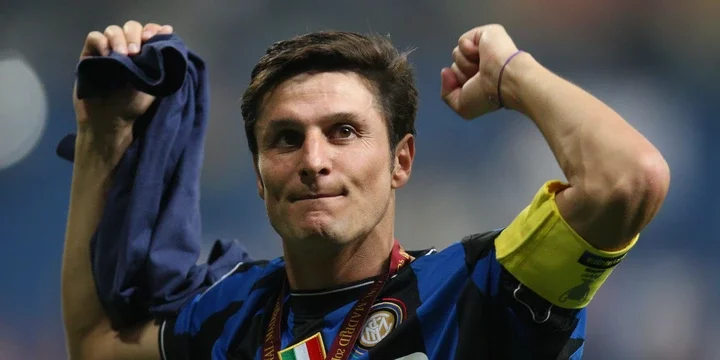
There's something about Inter and world-class wing-backs, because after Facchetti came Javier Zanetti.
The Argentine spent 19 years with the Italian giants, recording 858 appearances, 21 goals and 16 trophies, including the Champions League, before retiring at age 41 after 13 years as captain of the club.
Zanetti was a willing runner on the right-hand side, seeming to possess limitless energy with the amount of offensive forays he would make in a game. He was an excellent dribbler with the football, and had the passing ability to match it, which saw him provide 37 assists.
Furthermore, he is the fourth-most capped player for Argentina, making 145 appearances, and won the Pan American Games in 1995, before picking up a silver medal at the 1996 Olympic Games.
Like Facchetti, Zannetti had his number 4 retired by Inter in 2014.
5 Dani Alves
Career Span: 2002-23
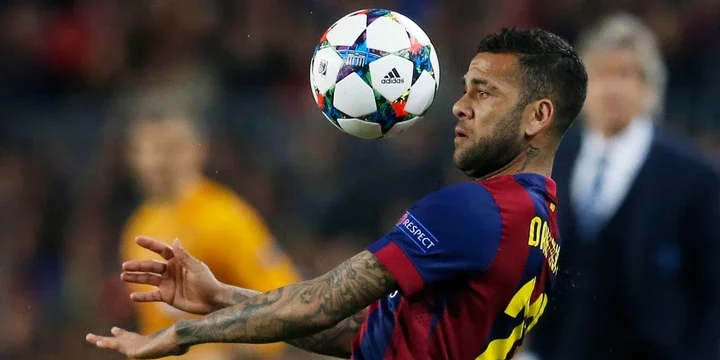
On a purely footballing level, as far as skill and talent is concerned, Dani Alves will go down as one of the greatest to ever play the position.
After six seasons with Sevilla, the Brazilian moved to Barcelona, where he was an integral member of one of the best teams perhaps ever created, forming a formidable defensive line which also featured legends such as Carles Puyol and Gerard Piqué, while arguably the greatest player of all time - Lionel Messi - was the focal point of the attack.
But it was his ability to burst forward on the right-hand side that made him so special, and helped contribute to the Catalan outfit's three Champions League titles.
However, his dazzling work on the ball, and in defence, which led to him being the second most-decorated player in football history, has been overshadowed by his off-the-field behaviour. Alves was given a four-and-a-half-year prison sentence after being found guilty of committing sexual assault, though he was released after paying his €1 million bail.
4 Cafu
Career Span: 1994-2008
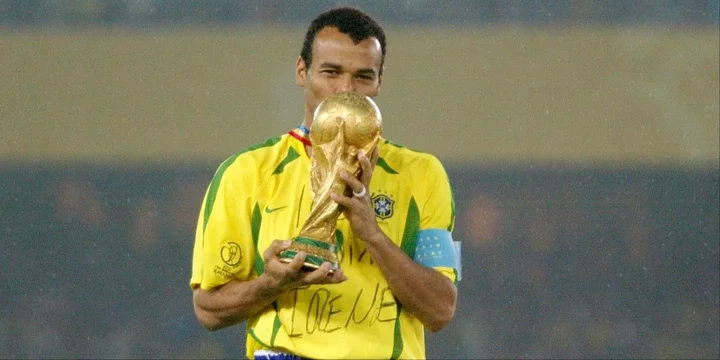
Cafu is one of the most iconic right wing-backs of all time, boosted by him being the only player to feature in three World Cup finals, winning two of them, while he also won back-to-back Copa América titles.
Marauding down the right flank, the Brazilian found enjoyment in joining the attack and trying to create for his teammates, which saw him finish his club career with 60 assists to his name. He spent time with São Paulo before getting his move to Europe, where he would settle down with AS Roma before joining AC Milan to see out his career.
Cafu would finish his club career with 447 appearances, 18 goals, and 13 trophies, including the Champions League in his penultimate season before retirement, cementing himself as one of the greatest to ever play in the No.2 position.
3 Djalma Santos
Career Span: 1948-70
Djalma Santos is the oldest player on this list, having played his football career from 1948 through to 1970 - yes, he played 22 seasons, retiring at the age of 42.
As was common in that era, players would rarely venture overseas, so his entire career was spent playing in Brazil, where he suited up for Portuguesa, Palmeiras, and Atlético Paranaense.
Known for his pace, strength, gifted ball control, and tackling technique, Santos was so disciplined in his defensive duties that he didn't get sent off once, which is incredible considering he also became the first player in football history to reach the milestone of playing 1000 professional games.
But he was more well-known for his role in the Brazil team that was so dominant in the 1950s and 1960s. Representing his country, he won back-to-back World Cups, with his lone performance in the 1958 tournament coming in the final, which was so good that it saw him named in the All-Star Team, while he provided the assist for Vava in the 1962 final against Czechoslovakia, which they won 3-1.
2 Carlos Alberto Torres
Career Span: 1963-82
Carlos Alberto Torres was one of the most technically gifted defenders of all time, and he used his strength and fast reaction time to his advantage, which was a nightmare for his attacking opponents.
He was quick going forward without being electric, though he preferred to do his playmaking from the back, and split the defence with his highly-accurate long-range passing, while he was also a huge direct goal threat.
But the most memorable moment of his career came for his country, when he scored in the 1970 World Cup final against Italy. His strike following a nine-pass build-up that showcased teamwork and incredible skills really epitomized the role of the wing-back, which ultimately led to him, as captain of the side, being the one to lift the Jules Rimet trophy.
1 Roberto Carlos
Career Span: 1991-2016
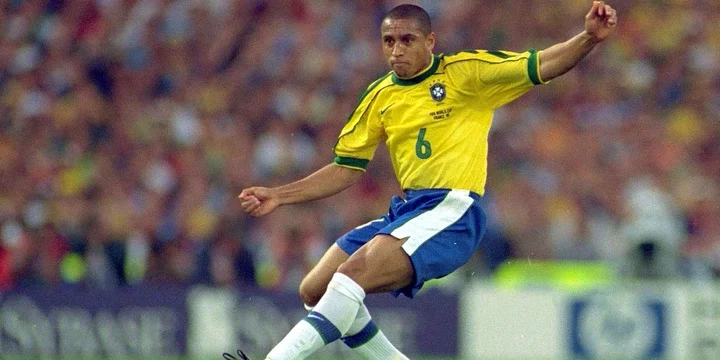
One of the purest strikers of a football, when Roberto Carlos got on the end of a pass in a goal-scoring position, everyone knew exactly where it would be heading - top bins.
Goalkeepers knew it too, but he would hit the ball with so much power behind it - which saw him earn the nickname of 'The Bullet Man' - all they could simply do was watch as his shot rifled into the back of the net.
Widely considered one of the greatest Brazilian players of all time, in which he earned 127 caps for his country on his way to helping them achieve World Cup glory in 2002, and two Copa América titles, the wing-back was a joy to watch run up and down the field like there was no tomorrow, and putting in wicked crosses with his left boot with consistent pinpoint accuracy.
Even his old teammate, Ronaldo Nazario, named him as one of the players who he felt deserved to win the coveted Ballon d'Or, having been runner-up to Ronaldo himself back in 2002.
A successful club career which saw him enjoy stints with Real Madrid and Inter, the defender built an impressive goal tally, scoring 101 times in 773 appearances, while assisting another 144 by the time he hung up his boots for good in 2016, leaving no doubt that he is the greatest wing-back of all time.

![10 Greatest Defensive Full-Backs in Football History [Ranked] 10 Greatest Defensive Full-Backs in Football History [Ranked]](https://static.netnaija.com/i/QJNjZQxdNrL.webp)
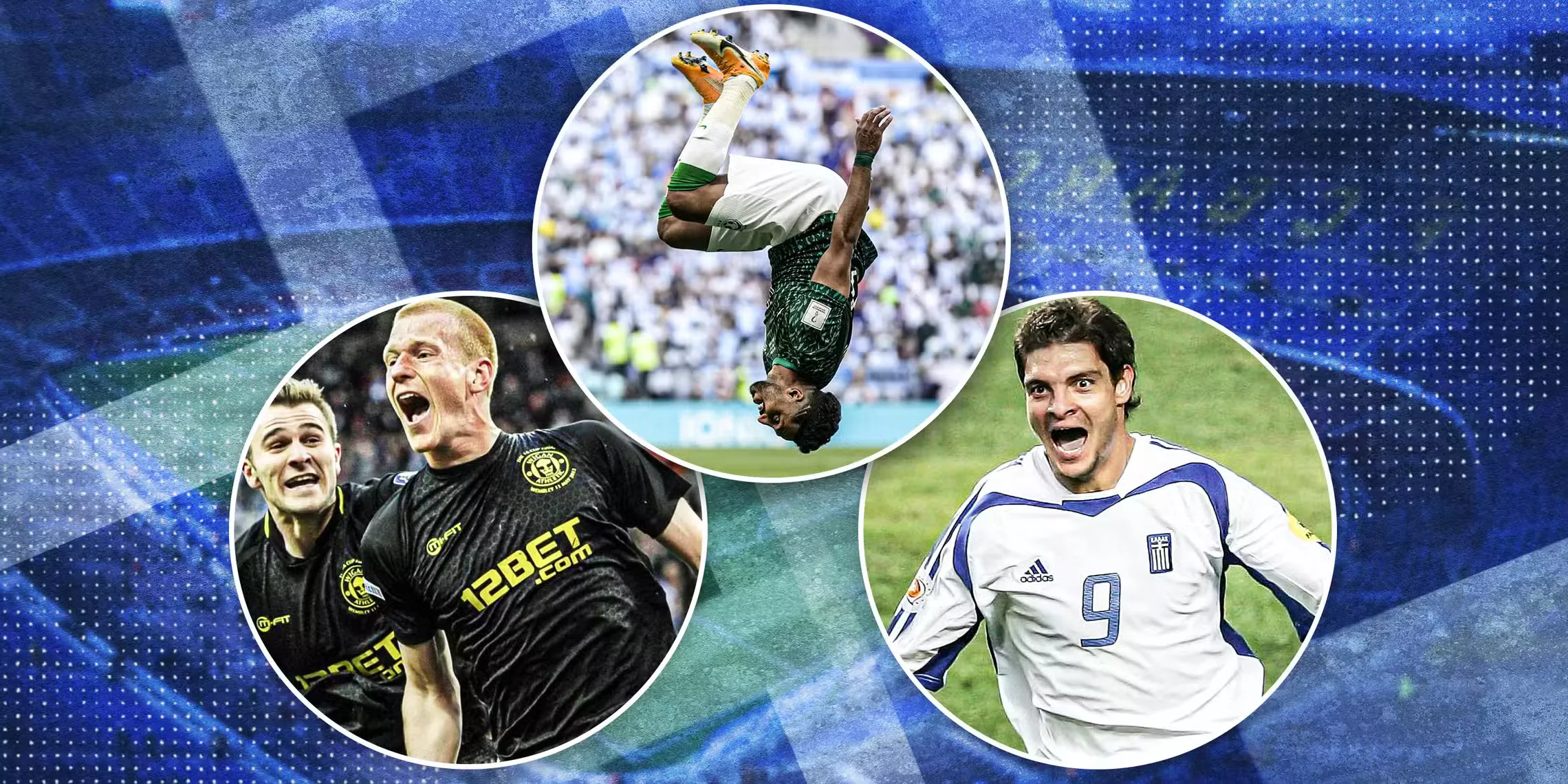
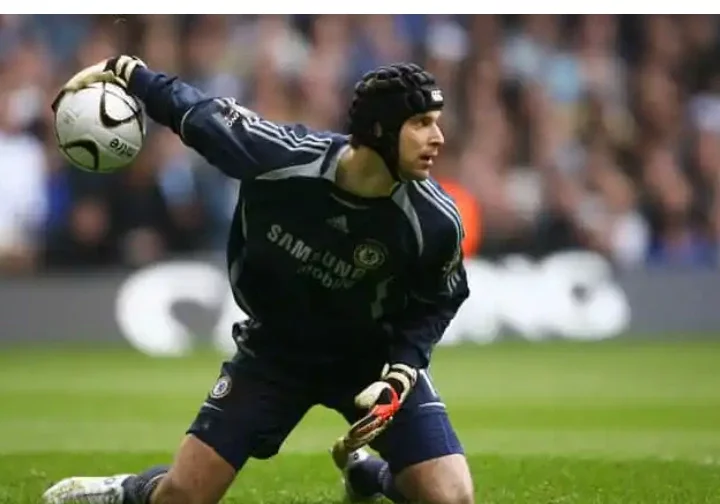
![10 Laziest Players in Premier League History [Ranked] 10 Laziest Players in Premier League History [Ranked]](https://static.netnaija.com/i/QJNjZOrDNrL.webp)
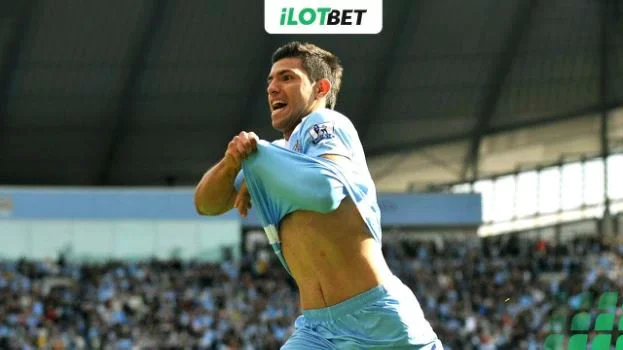
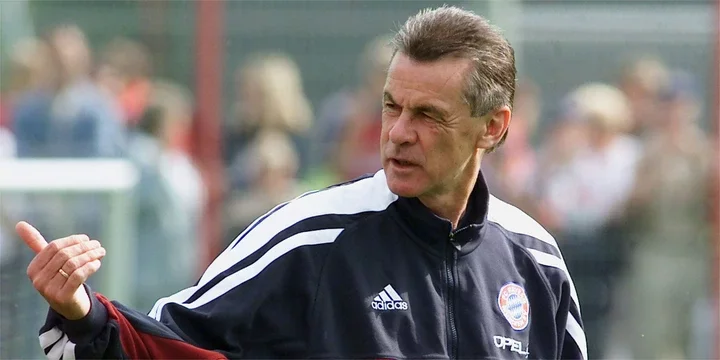





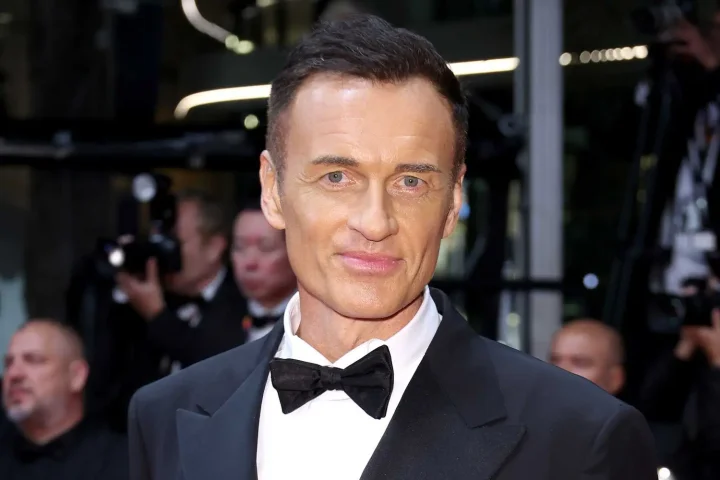
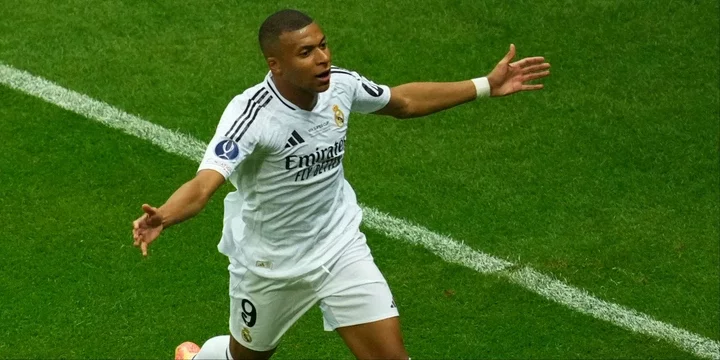



Comments